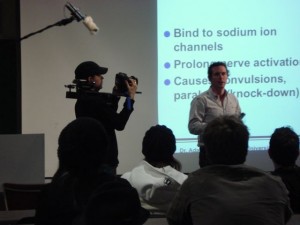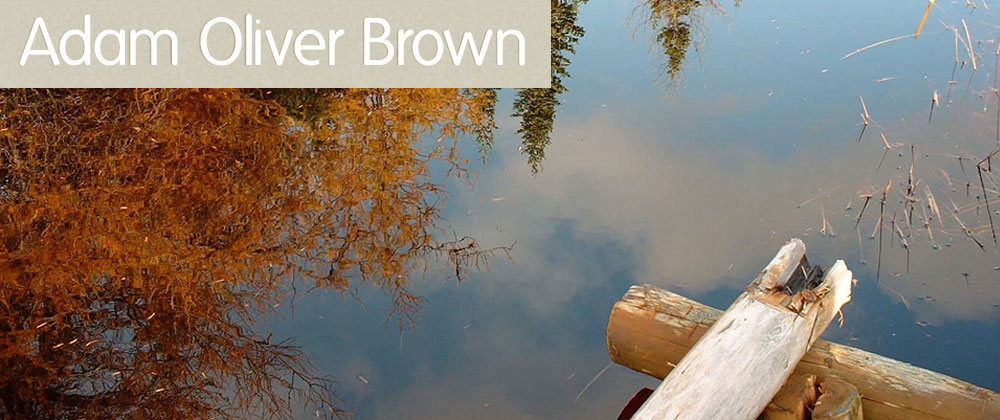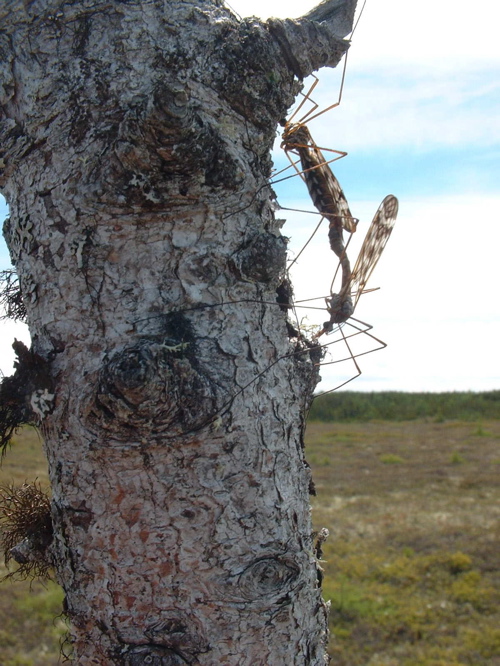Science Communication
 Science is playing an increasingly important role in society and therefore members of the general public will need to make sound political, ethical, technological and economic decisions based at least in part on the integrity of the science behind each scenario. In a democratic society, public opinion plays a major role in decisions made in society, whether in policymaking by politicians or technological advances proposed by industry. As so many of these decisions are science-based problems (such as such as climate change, nanotechnology, cloning and genetic modification technologies, for example), it is imperative for the members of the general public to have a basic understanding of science, its processes, findings and limitations. Just as importantly, members of the general public need to be able to distinguish between plausible and implausible scenarios, as well as the ability to avoid the pseudo-science or misleading information that is so often dispensed to them through the various forms of media or commercial marketing.
Science is playing an increasingly important role in society and therefore members of the general public will need to make sound political, ethical, technological and economic decisions based at least in part on the integrity of the science behind each scenario. In a democratic society, public opinion plays a major role in decisions made in society, whether in policymaking by politicians or technological advances proposed by industry. As so many of these decisions are science-based problems (such as such as climate change, nanotechnology, cloning and genetic modification technologies, for example), it is imperative for the members of the general public to have a basic understanding of science, its processes, findings and limitations. Just as importantly, members of the general public need to be able to distinguish between plausible and implausible scenarios, as well as the ability to avoid the pseudo-science or misleading information that is so often dispensed to them through the various forms of media or commercial marketing.
Furthermore, a recent poll by the American National Science Board (2008) showed that although public trust in institutions such as their presidency, religious institutions and the media have dropped significantly, public trust in science remains unchanged in its high stature. It is clear that there is a need for the next generation of scientists to be well trained in communication if they are to contribute their understanding of science to the societal debates of the future.
Communication is fundamental to the working and the development of science at all of its levels and its discourse by scientists in society is only one stage in the continuum of the various levels of scientific communication. At the most fundamental level of scientific research there is the intra-specific communication that occurs among and between scientist of a given specialization and this discourse is held mostly through the medium of peer-reviewed journal articles that make up the primary literature and at specialized academic conferences and professional meetings. At the next level comes the inter-specific communication that occurs between scientists that differ in their areas of specialization, a discourse that is held in the secondary literature of review articles that can be found in synthesis or bridge journals, as well as at academic conferences of a more general level of interest. The third level of scientific communication is at the pedagogical level, wherein seasoned scientists communicate their knowledge of the procedures and findings of science in the classroom and in scientific textbooks, with the goal of educating and training a new generation of scientists. Lastly comes the scientific communication at the popular level, wherein members of society at large are themselves brought into the scientific conversation by scientists. This last level, which is meant to engage the public’s interest in scientific issues, mostly emphasizes the potential impacts on public health, the environment, technology and the economy.
Up until now, scientists have mostly left the discussion of science in society to be communicated by others (such as journalists, industrialists or politicians) but this is not acceptable. Not only do scientists need to learn to discourse with the public on scientific issues but also consider it their duty to do so.
In order for scientists to communicate effectively with non-scientists, these former need to adapt their vocabulary, style and contextual framing to meet the needs and expectations of their audience. For example, a scientist would have to give very different talks if they were to discuss climate change towards school children vs. the business community (or a town hall meeting, or on the airwaves of the local media etc.). In each scenario, the information presented may be fundamentally the same but the level of technological terminology used, as well as the conceptual ‘framing’ must differ in order to effectively reach each varied type of audience. This adaptability in one’s approach to science communication is not an easy task and requires work and study, an opportunity that I have recently created for my 4th year thesis students (see here), as the Royal Society’s Committee on the Public Understanding of Science (UK) has strongly suggested that scientific communication and media relations should be a required component of undergraduate programs of science at all institutions.
Some examples of my activities related to scientific communication to non-scientific audiences have been in hosting a science and nature radio program entitled ‘Life, the Universe and Everything’ on CKRL fm (89.1) in Quebec City. This French-language science chronicle was broadcasted weekly in 2002 from within the afternoon program Retour d’ascenseur, hosted by Matthieu Dugal.
Recently, I was involved as the scientific advisor for an upcoming Nature of Things episode, being produced by Nomad Films for CBC television, set to air during the Winter 2011 prime-time line-up. It is a great honour to be associated with this long-standing documentary series, that has won many important awards and gained the reputation of being a world class vessel of scientific communication. Our most recent documentary, on the nature of addictions and the potential uses of psychaedelic drugs to treat them, will be on air Thursday November 10, 2011. For more information on this episode, see the description here.



